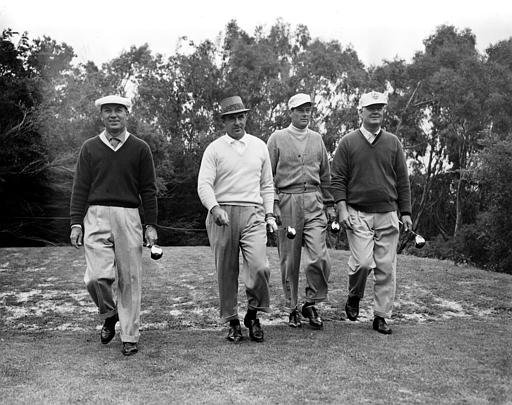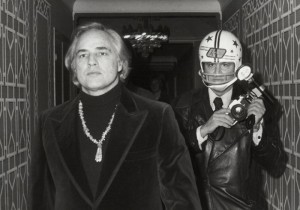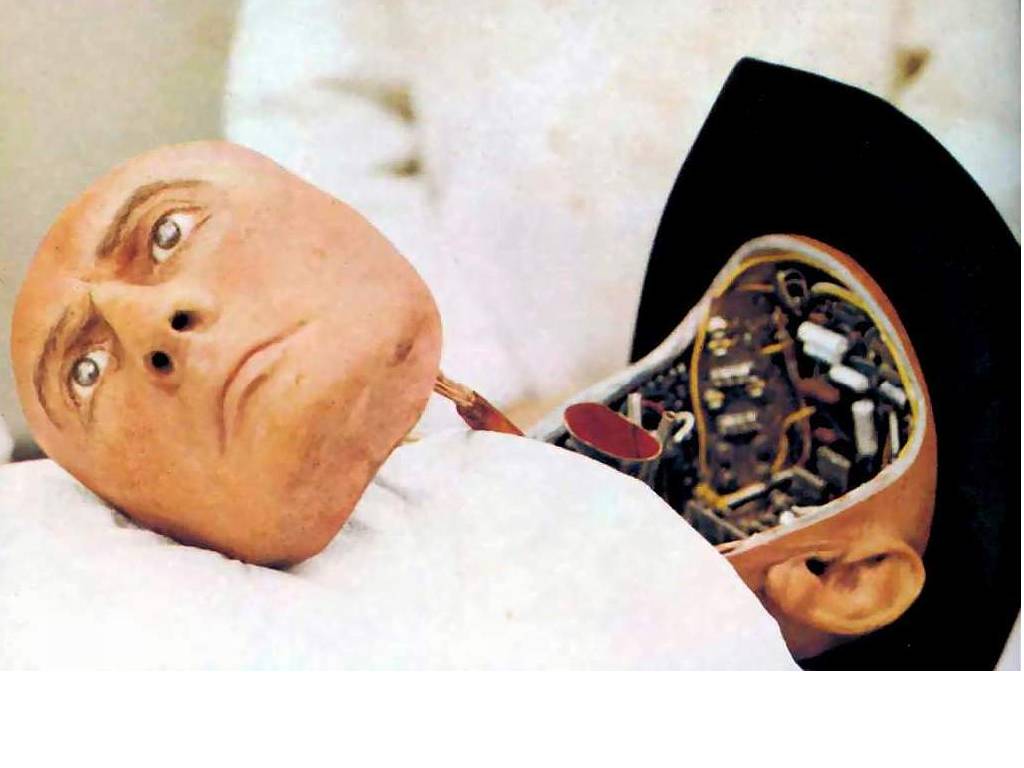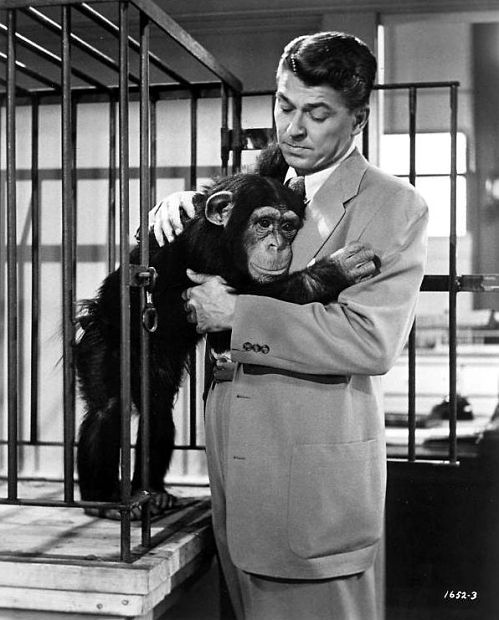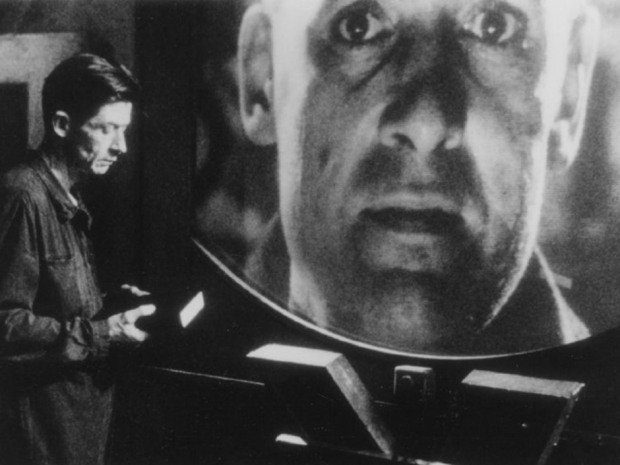 Are we attracted to dystopic novels and films because they caution us or because they titillate us? Deep inside humans, along with an impulse to create, is one to destroy. Some get more joy from the seconds it takes to topple an elaborate sand castle than the hours it takes to build one. Perhaps these stories of decline and doom are psychological outlets for destructive tendencies, the way sports can be a safer outlet for aggression than war. Of course, sports has not ended war nor gave apocalyptic books and movies stopped us from trying to extinct ourselves.
Are we attracted to dystopic novels and films because they caution us or because they titillate us? Deep inside humans, along with an impulse to create, is one to destroy. Some get more joy from the seconds it takes to topple an elaborate sand castle than the hours it takes to build one. Perhaps these stories of decline and doom are psychological outlets for destructive tendencies, the way sports can be a safer outlet for aggression than war. Of course, sports has not ended war nor gave apocalyptic books and movies stopped us from trying to extinct ourselves.
Excerpts follow from two new pieces about dystopian art.
______________________________
From “Let’s Go to Dystopia,” by Diane Johnson at the New York Review of Books:
“Maybe there are people who read dystopian tales for self-improvement the way people used to read sermons, or for amusement—people who can edit out the very details that have most preoccupied the person who made them up, and read for the story alone. The stories, boiled down, are usually at bottom just the good old stories. Anthony Burgess’s A Clockwork Orange, set in London, is basically the same story as Ken Kesey’s One Flew Over the Cuckoo’s Nest, set in the dystopian world of a mental institution; both Alex and McMurphy are forced into conformity and docility by institutional powers.
There are quest stories or love stories—a quest runs through Margaret Atwood’s trilogy about Crake and Oryx. Chang-rae Lee’s On Such a Full Sea is both a quest and a love story—a girl searches for her lover and for her brother, and so on. There’s no missing the appeal, especially for adolescents, of another common structure of these tales: a protagonist, often a teen, somehow preserved from the brainwashed docility of most people in his or her society—a rebel—solves some personal or social problem afflicting everyone (Hunger Games), and escapes from the future into what we recognize as a more normal world.
Utopias of course are just variations of dystopia, the reverse side of the same coin, in which a traveler from somewhere better tells about a distant society whose humanity and wisdom throw into relief the practices of our own, as in Sir Thomas More’s Utopia, or William Dean Howells’s A Traveler from Altruria, when the disingenuously leading questions that the suavely persuasive traveler asks his American host expose American laws, tastes, and manners as a kind of dystopia next to the traveler’s ideal Altruria. Through three hundred pages, America is indirectly portrayed as a dystopia of hypocrisy and self-delusion, the way Brobdingnagians, Yahoos, Lilliputians, and Houyhnhnms threw light on Swift’s and Gulliver’s England.”
______________________________
From “Why Hollywood Loves Dystopian Science Fiction,” by Alex Mayyasi at Priceonomics:
“Neal Stephenson knows a thing or two about science fiction. The author of thick, best-selling novels that cross genres but slant toward sci-fi, Stephenson also writes about technology and has worked part time on a private space company.
He is also tired of dystopian science fiction movies and video games. ‘A few weeks ago I think I actually groaned out loud when I was watching Oblivion and saw the wrecked Statue of Liberty sticking out of the ground,” he tells Morgan Warstler in an interview.
A proponent of the thesis that we have ‘lost our faith in technology to bring progress’ and ‘lost our ability to get important things done’ on an Apollo mission scale, Stephenson sees the ubiquity of dystopian visions as a cultural expression. Whereas it was once ‘refreshing, and extremely hip, to see depictions of futures that were not as clean and simple as Star Trek,’ we now experience ‘a strange state of affairs in which people are eager to vote with their dollars, pounds and Euros for the latest tech [like iPhones], but they flock to movies depicting a relentlessly depressing view of the future, and resist any tech deployed on a large scale, in a centralized way.’“


